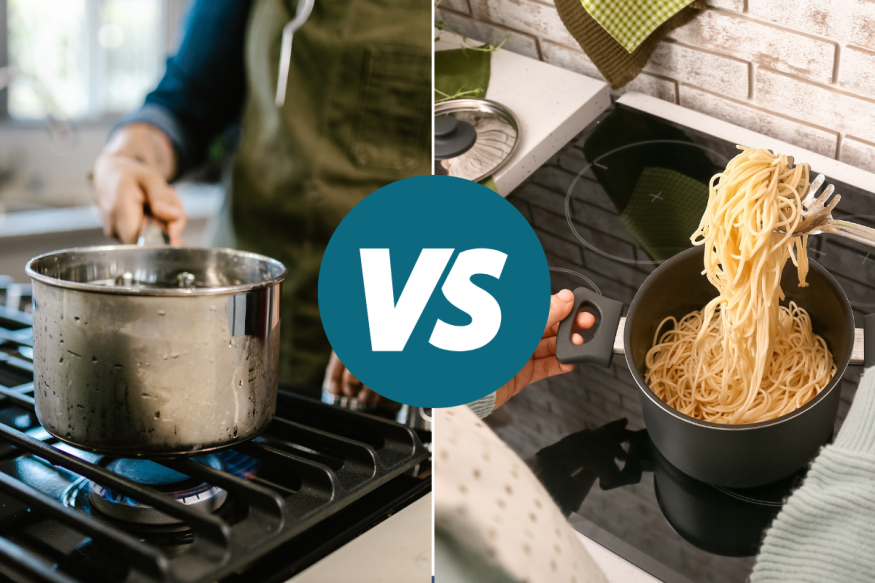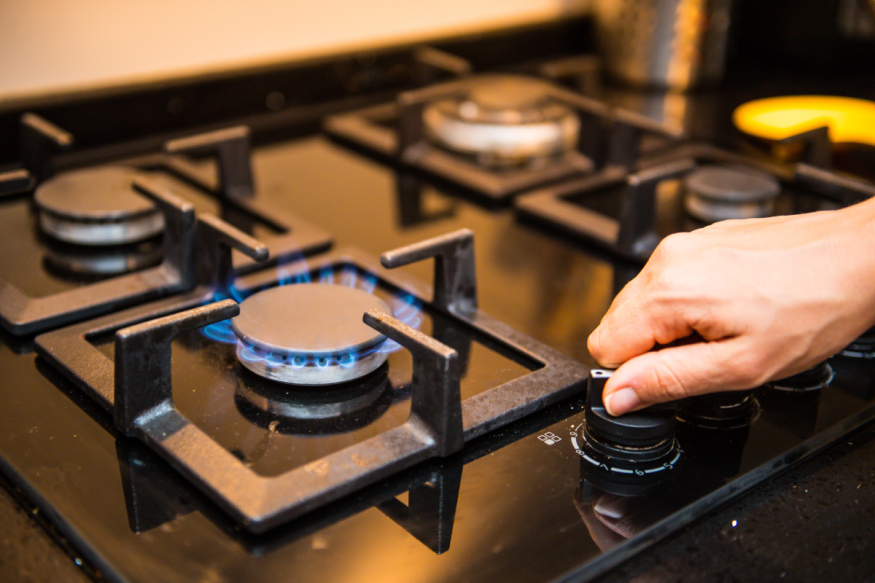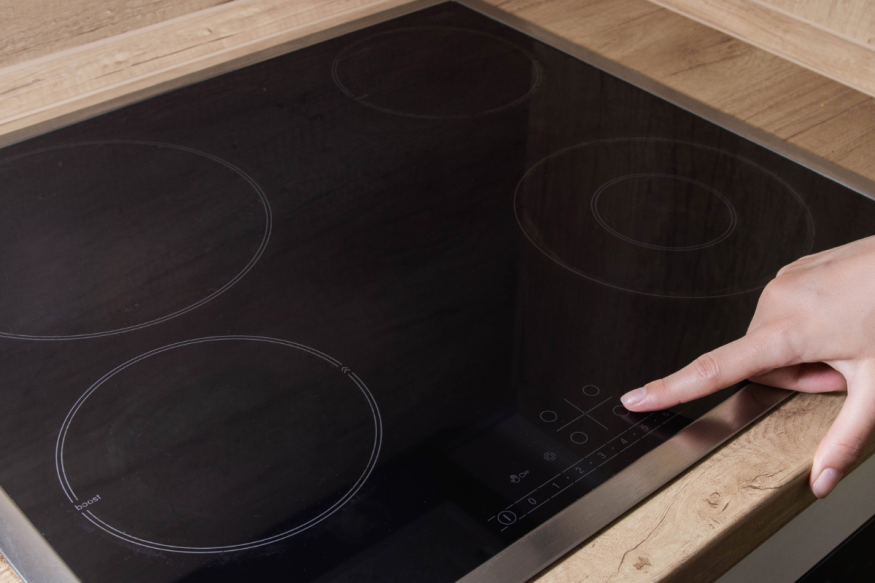Out Of Gas
The Battle Between Gas And Electric Stoves Heats Up

As both seasoned chefs and beginner cooks know, choosing the right stove isn't a simple toss-up. Fear not! We've delved into the pros and cons of each contender, considering heat control, cleaning ease, budget, and more. Get ready to unlock the secrets of gas versus electric, and discover the stove that fuels your inner chef perfectly.

Pros of A Gas Stove:
Control: Gas burners heat up and cool down quicker than electric, so gas offers more control when switching from a high heat to a simmer.
Bills: Gas costs are lower than electricity in most homes, so gas wins from the utility bill standpoint.
Emergencies: Many gas ranges are operable during power outages but you should check if this is the case before purchasing yours.
Cons Of A Gas Stove:
Toxicity: Chemicals released by gas have been linked to childhood asthma. Cleaning: Gas stovetops have tons of nooks and crannies for food to get into so keeping them is a chore.
Installation: Gas stoves need to be connected to a gas line by a pro. This costs you money and time while you wait for someone to install your range.
Sustainability: Activists are fighting to ban gas stoves in US homes, claiming that gas cooking produces greenhouse emissions and that outlawing them would help manage climate change

Pros of An Electric Stove
Consistency: Flame burners can have hot spots where one side of a pan gets hotter than the other. Electric heat is even, so you know everything in your pan is at one temperature.
Warming: Electric heat also keeps food warm on the stovetop without fear of an unsupervised open flame.
Kitchen Temp: Ambient heat generated by electricity remains near the range. This keeps your kitchen cooler when you're making a roast.
Cons of An Electric Stove
Pricetag: Electric units are full of tech features that demand higher prices. While this may also seem like a benefit, does your stove need every bell and whistle to make an omelet?
Time: Electric ovens take longer to get to the right temperature, so you'll have to get used to the time differences during meal prep.
Impact: Electric stoves require a lot of juice. Unless you are in a community that relies solely on solar power, higher electricity usage is still feeding into how fossil fuels affect the planet.
It's a tricky decision because you can't walk into Lowe's and ask if you can cook dinner on their floor models to compare. Just remember, the most important thing is your next stove works for your home and budget.









